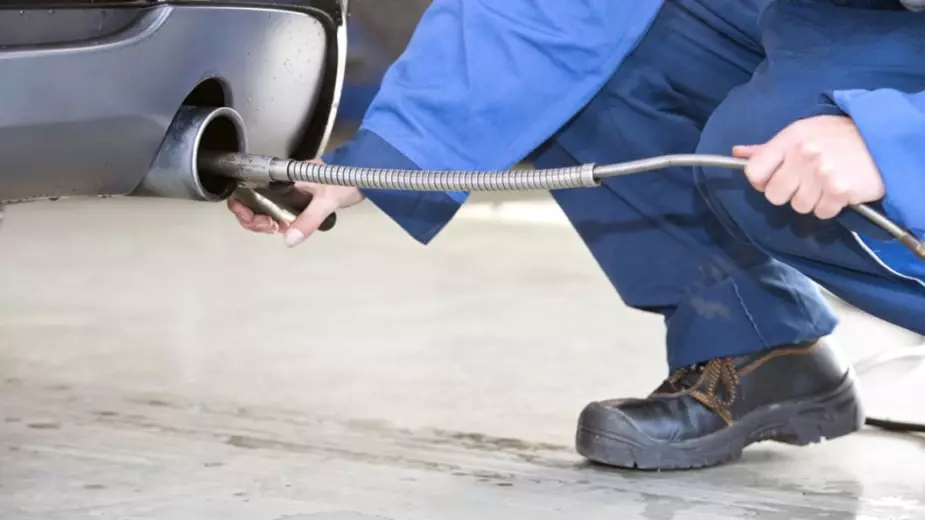Driven by the scandal known as Dieselgate and which involved the Volkswagen Group, the European Parliament has just passed legislation that gives the European Commission the authority to impose fines, up to €30,000 per car or recall , in all cases where irregularities are detected. And not just as far as emissions are concerned.
With the approval of this new legislation, the European Commission is thus able to exercise a superior inspection and intervention role with manufacturers, operating in the image of the US Environmental Protection Agency (EPA), advances Bloomberg.
European Consumer OrganizationThis reform effectively improves the car verification system. From now onwards, the role of the European Union will be reinforced by that of national regulators who may be tempted to give preferential treatment to their builders.
Relationship with builders has been a difficult topic
Remember that the issue of consumption and emissions has been particularly difficult within the European Union, not only due to the fact that about half of the cars circulating in the European space are diesel — it causes more urban pollution than gasoline, but they have emissions Lower CO2 — but also a result of the requirements imposed on member states in terms of emission reduction targets, with a view to reducing the number of cases of pollution-related illnesses and premature deaths.FOLLOW US ON YOUTUBE Subscribe to our channel
However, despite having only just been voted on by the European Parliament, the new legislation had already received support from several EU governments. Making the final approval, scheduled for May 22, little more than a formality.
European Commission with more power
With this new regulation, the European Commission not only holds more power than national authorities in the approval of new cars for sale in Europe, but also can promote the carrying out of tests on models already on sale. Since any member country also has the power to recall any vehicles already approved in another country, based on safety issues.
At the same time, national vehicle approval authorities are also subject to “peer review”, while car manufacturers are required to disclose their software protocols. Something that, from the start, will make it easier to discover fraudulent programs such as those discovered on Dieselgate.
The final version of the new regulation, which was first proposed in January 2016, ends up containing most of the goals set by the entity. Even though the intention of the European Commission to prohibit car manufacturers from directly paying for laboratory tests was rejected, obliging them, yes, to contribute to national funds which, in turn, would also serve to pay for the said tests.

